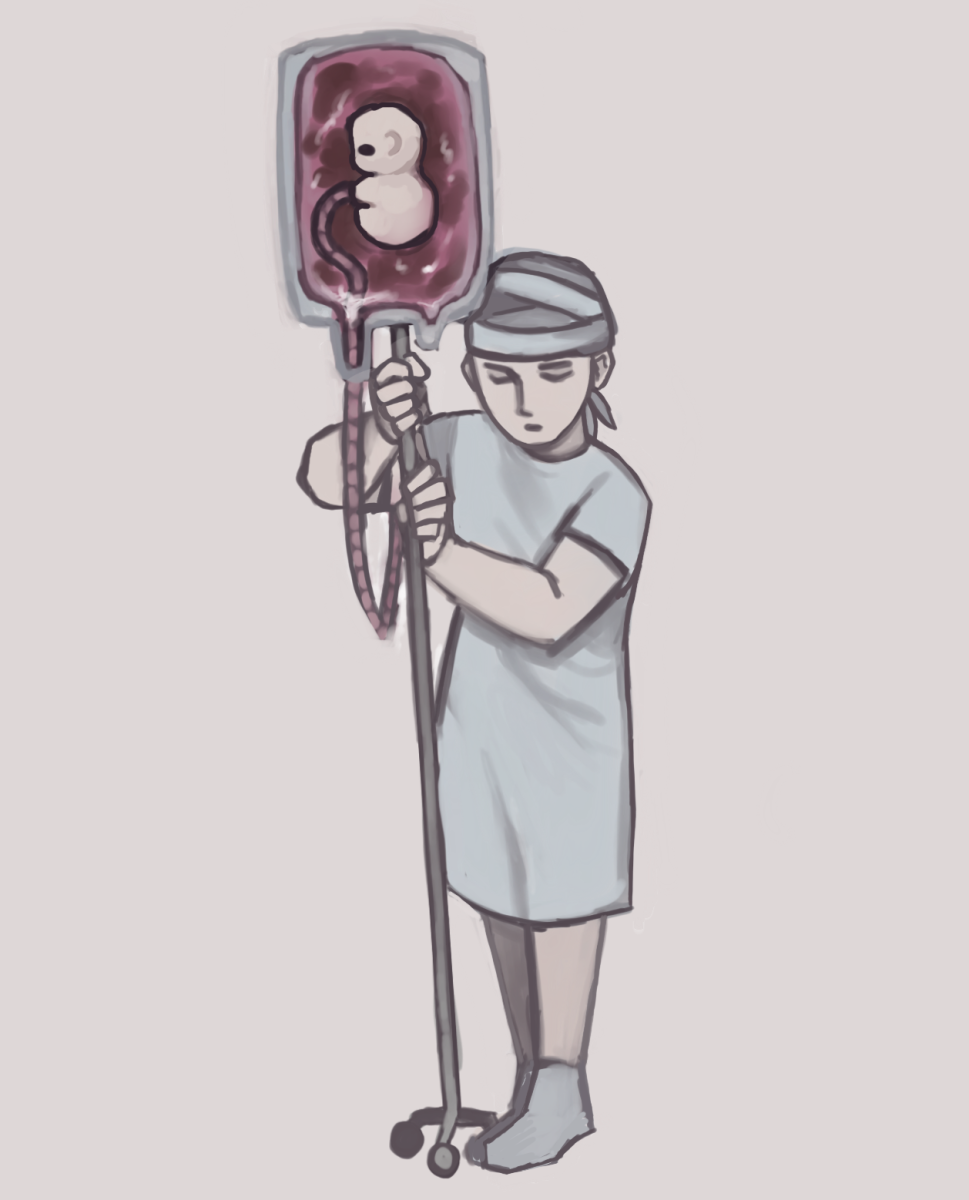As movies such as “My Sister’s Keeper” and “Never Let Me Go” are gaining popularity, so are the savior sibling issues they both discuss. A savior sibling is created when parents create another sibling using in-vitro fertilization to help save a terminally ill sibling. The savior sibling can donate their organs or cord blood to their ill sibling.
As the savior sibling idea becomes more mainstream, it may seem like a futuristic and ideal solution to a problematic situation, but it should not be used as a regular solution in the future because it is unethical. The savior sibling process ignores consent and negatively affects the savior sibling’s mental and physical health.
According to current U.S. law, a child is dependent on their parents, meaning that parents do not need their children’s consent when performing medical operations. Since children’s minds are not fully developed yet, they cannot make their own decisions. In the context of the savior siblings’ process, however, the lack of consent becomes an issue.
The savior siblings’ process has a long-lasting effect on the life of the savior sibling. Moreover, U.S. law states that children do not have the right to refuse the process. In the case of Little v. Little, a mother was allowed to force her daughter to donate her kidney to her sister despite the fact that there could be serious medical complications. The daughter did not have the right to say no.
As in Little v. Little, if a savior sibling donates an organ or cord blood, this can put them at a disadvantage simply because they do not have access to the resource anymore. According to the “Parents Guide to Cord Blood,” cord blood is useful in treating diseases because it has not yet been affected by environmental factors and illnesses. If the savior sibling’s cord blood is used to treat the older ill sibling, they will use the valuable resource, denying the younger sibling – the source of the cord blood – access to it if they fall ill.
Another problem with having a savior sibling is that they are being conceived for the sole purpose of saving their older sibling, which could affect the savior sibling’s mental health. They may always feel as though their parents value their older sibling more.
According to a 2013 Wake Forest University study, savior siblings have lower self-esteem than their peers, and one-third of savior siblings have post-traumatic stress disorder. According to The Emory Wheel, savior siblings experience many psychological problems that can affect them into adulthood. Additionally, if the savior sibling’s donation does not save the older child, they may face extreme guilt.
Some people might say there are circumstances where creating a savior sibling is the only working solution which is why it should be considered ethical, but the circumstances are very rare. In Britain, to have a savior sibling, the parents must apply for a license to a committee. The committee reviews each application and attempts to figure out other possible solutions. A situation where savior siblings are the only solution is so rare that the committee has only given out 12 licenses since 1991.
Savior siblings should not become a solution to satisfy the scarce situations where the only way to heal someone is to create a savior sibling. There are too many unethical factors in the savior siblings process for it to become an accepted solution.


